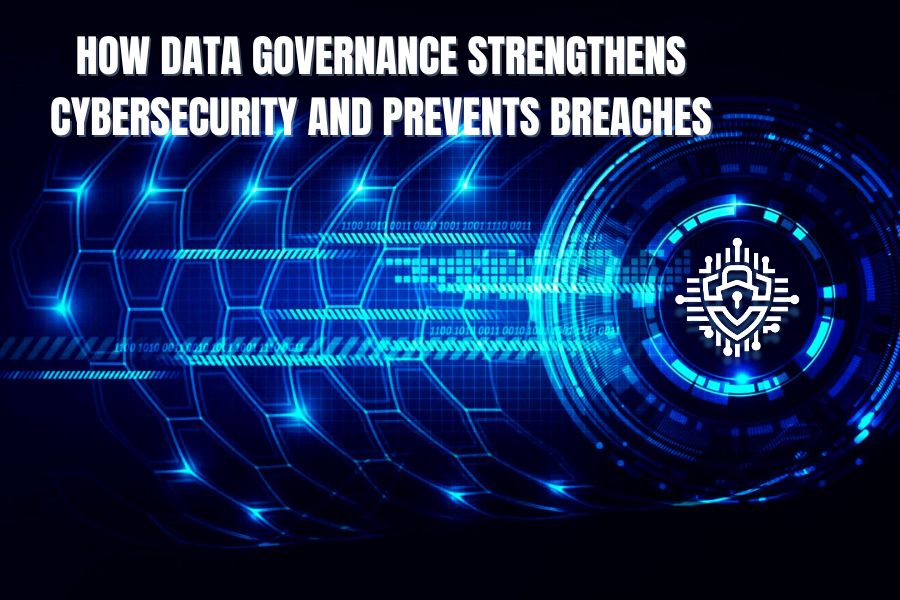How Data Governance Strengthens Cybersecurity and Prevents Breaches
Author: Vivek Anishetty - Cyber Security Consultant.
In today's digital age, data is one of the most valuable assets for businesses. However, with increasing cyber threats, securing sensitive data has become a top priority. This is where data governance plays a crucial role in strengthening cybersecurity and preventing breaches. By implementing a structured approach to data management, organizations can ensure data integrity, security, and compliance.
What is Data Governance?
Data governance refers to the policies, processes, and standards that ensure data is accurate, consistent, and secure throughout its lifecycle. It involves defining roles, responsibilities, and rules for data access, storage, and sharing within an organization. Proper data governance provides a solid foundation for cybersecurity by minimizing risks associated with data exposure and unauthorized access.
How Data Governance Enhances Cybersecurity
1. Access Control and Data Protection
A well-defined data governance strategy ensures that only authorized personnel have access to critical data. Role-based access control (RBAC) and multi-factor authentication (MFA) limit exposure to sensitive information, reducing the risk of insider threats and cyberattacks.
2. Data Classification and Encryption
Data governance frameworks help classify data based on its sensitivity. This enables businesses to apply appropriate encryption techniques, ensuring that confidential information remains secure from unauthorized access, even if intercepted by cybercriminals.
3. Regulatory Compliance
Organizations must adhere to data protection laws such as GDPR, HIPAA, and CCPA. Data governance helps enforce compliance by maintaining proper data documentation, audit trails, and secure storage practices, thus avoiding hefty fines and legal consequences.
4. Threat Detection and Incident Response
Data governance supports real-time monitoring and anomaly detection, allowing organizations to identify potential cyber threats early. Additionally, it helps in setting up an incident response plan, ensuring a swift and efficient reaction to security breaches.
5. Data Integrity and Accuracy
Cybercriminals often exploit weak data integrity to manipulate information for fraudulent activities. Data governance ensures data accuracy and reliability by establishing validation mechanisms, preventing corruption and misinformation.
Preventing Data Breaches with Data Governance
Data breaches can have devastating consequences, including financial loss, reputational damage, and legal repercussions. Here are some best practices for preventing breaches through effective data governance:
- Conduct Regular Security Audits: Frequent assessments help identify vulnerabilities in data management and cybersecurity protocols.
- Implement Strong Authentication Measures: Enforcing strong passwords, biometrics, and multi-factor authentication enhances data security.
- Educate Employees on Data Security: Providing cybersecurity training ensures that employees understand their role in protecting sensitive data.
- Adopt Data Masking Techniques: Masking confidential data reduces exposure risk in case of unauthorized access.
- Utilize Advanced Security Technologies: Deploying AI-driven threat detection systems and automated compliance checks strengthens cybersecurity defenses.
Conclusion
Data governance is a vital component of an organization's cybersecurity strategy. By implementing robust data governance policies, businesses can proactively protect their data, comply with regulations, and minimize the risk of cyber threats. As cyberattacks continue to evolve, integrating data governance into cybersecurity frameworks is essential for ensuring long-term data security and business success.
For expert cybersecurity solutions and data governance strategies, visit Kelltron.com.
Contact Us
Phone: +44-7867067097
Email: info@kelltron.com



